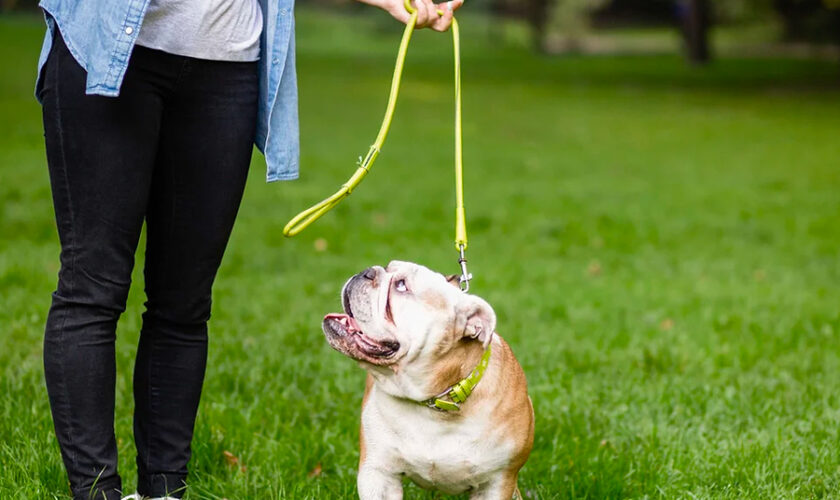Owning a dog comes with many responsibilities, one of the most important being ensuring they get enough exercise. Regular walks are not just a way to keep your dog physically fit, but they also play a crucial role in their mental well-being and overall happiness. So, how often should your furry companion go on walks?
Understanding Your Dog’s Needs:
Every dog is unique, with varying energy levels, breed characteristics, age, and health conditions. Understanding your dog’s individual needs is key to determining how often they should go on walks. High-energy breeds like Border Collies or Retrievers may require more frequent and vigorous walks compared to smaller or less active breeds like Bulldogs or Pugs.
Factors to Consider:
1. Breed:
Different breeds have different exercise requirements. Research your dog’s breed characteristics to understand their needs better.
2. Age:
Puppies have shorter bursts of energy and shorter attention spans, so they may need more frequent but shorter walks compared to adult dogs. Senior dogs may have mobility issues and require gentler, shorter walks.
3. Health:
Dogs with certain health conditions may require modified exercise routines. Always consult with your veterinarian to ensure your Dog Walkers in Birmingham, AL exercise regimen is suitable for their health status.
Guidelines for Walk Frequency:
1. Daily Walks:
In general, most dogs benefit from at least one walk per day. This allows them to burn off excess energy, engage their senses, and maintain a healthy weight.
2. Frequency:
Aim for a minimum of 30 minutes to an hour of walking each day, depending on your dog’s breed, age, and energy level. Splitting the walk into multiple shorter sessions can be beneficial for puppies or senior dogs.
3. Variety:
Keep walks interesting by exploring different routes, environments, and terrains. This provides mental stimulation and prevents boredom.
Signs Your Dog Needs More Walks:
- Restlessness or pacing around the house
- Excessive barking or whining
- Destructive behaviour, such as chewing furniture or digging
- Weight gain or obesity
Conclusion:
Regular walks are essential for your dog’s physical health, mental stimulation, and overall well-being. By understanding your dog’s individual needs and adhering to a consistent walking routine, you can ensure they lead a happy and fulfilling life. Remember, a tired dog is a happy dog, so lace up those walking shoes and hit the pavement with your furry friends.
